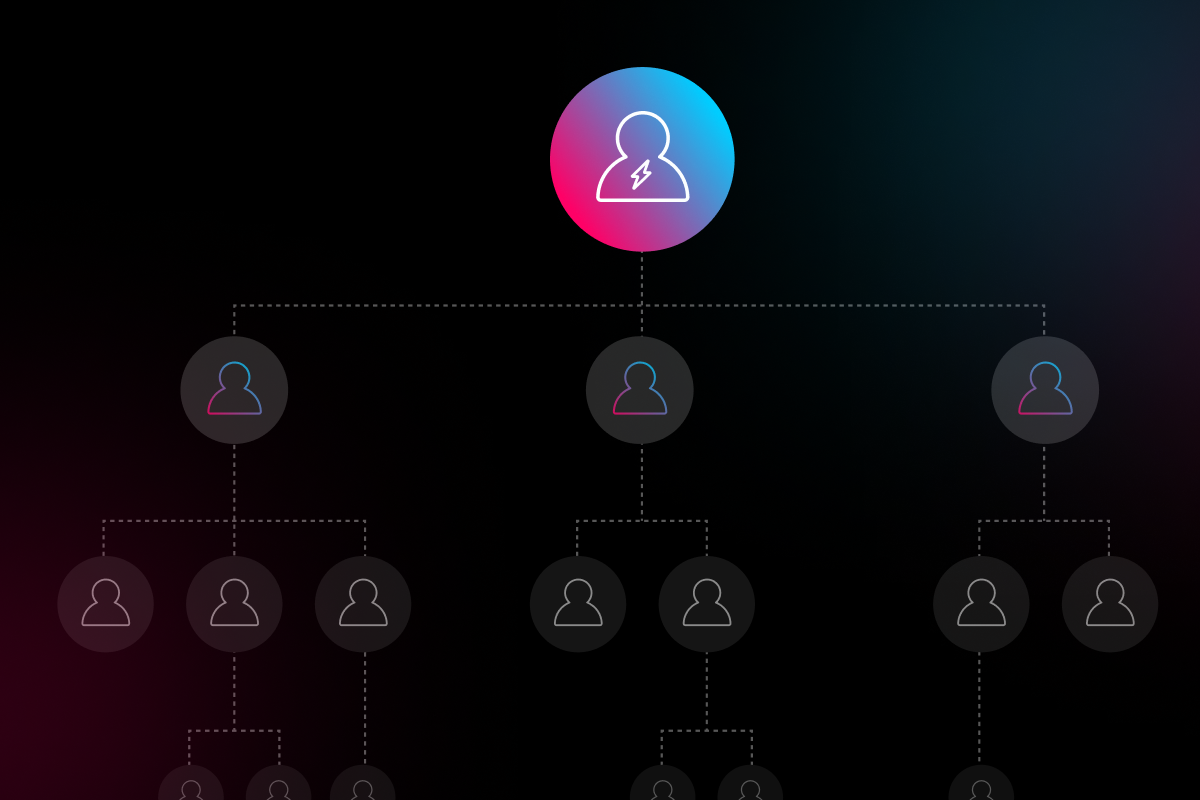
Amid all the craziness in the world, the news that data breaches are on the rise probably isn’t the best news for your business. Data breaches only continue to increase. Most recently, it happened in major companies like Colonial Pipeline, and JBS, a major meatpacker.
These were just two of numerous throughout this year, so far. And it’s not just big companies experiencing data breaches. Mid-sized and smaller companies also face the same issue every year.
What if it happens to you? We’ve compiled 7 steps to take after a data breach on what you should do after discovering your company’s sensitive data became compromised.
What Should A Company Do After a Data Breach: 7 Steps To Take
1. Let Your Company’s Employees & Clients Know About the Data Breach
Never keep the information about a data breach secret. After all, your business is all about serving customers or clients. When their data gets breached, they need to know about it to protect themselves.
The same can be said for your internal employees. Their personal information may have also been breached, leading to possible identity theft and other criminal activity.
Always make an effort to let everyone in your company and your clients know exactly what happened. Letting customers know the details allows them to take action with the credit bureaus in the event someone tries to use their financial information. Your employees would take the same actions to protect themselves, unless you already have data security back in place.
Keeping this data breach information private could end up haunting your company after the fact. It could lead to lawsuits for allowing private data to get into the wrong hands. You could also lose many of your valued employees (and customers) due to a lack of trust.
2. Secure Your Systems
Where did the data breach occur in your IT systems? Get to work fixing where the breach happened without delays. More than one breach might have occurred, leaving you wide open to further breaches if you don’t stop them now.
After a data breach your company should attempt to change your access codes/passwords for a while until you get everything sorted out. Whoever it was that did the breach has those codes and can do whatever they want until you block them. Also, it’s a good idea to temporarily shut down all remote access to your systems out of precaution.
It’s also smart to put together a mobile breach team to respond as soon as possible. What that team looks like may entail more than just your on-site IT experts. This may involve lawyers, human resources, your communications department, and management as just a few.
3. Determine What Was Breached
What kind of data was breached in your business? Was it the financial information of your customers? Or did the hackers steal other information that could still give them the ability to steal identities? These are important questions for a company to ask after a data breach.
Merely stealing something as insignificant as birthday information is enough for a criminal to find personal information on someone. Even mailing addresses being compromised can bring a domino effect of personal data being stolen.
Email accounts can also be easily breached if passwords become hacked. Worst of all is the credit card information of your customers or employees being taken.
Despite being easy to have credit bureaus put up red flags on stolen cards, you need to find out exactly how many credit card numbers were stolen. You need to get your IT team on that now to pinpoint every detail and not place ambiguous statements in calls or letters.
Data breaches in small businesses are on the rise. 61% of SMBs experienced at least one cyber attack in the past year, and 40% endured eight or more hours of downtime as a result. Watch this on-demand webinar to learn how to handle a data breach and establish a response plan.
4. Test to Make Sure Your New Cybersecurity Defenses Work
Once your company has addressed what happened in your data breach, it’s time to make sure any cybersecurity patches or procedures you put in place really work. A rush job on getting your IT security back in shape could mean missing a few things.
Most important is to do a test and make sure the method the hacker used to gain access to your data can’t happen the same way all over again. Without doing a thorough test, it definitely could happen again hours or days later.
This is why you need to trust your IT team to find out the source of the breach and exactly how it happened. A reliable security team can weed this out immediately.
Make sure all your servers and virtual machines are tested as well as part of your penetration testing process. These are usually the most vulnerable tech areas where data breaches happen. Your prior vulnerability should be thoroughly patched, including any other security vulnerabilities found during an inspection.
5. Update All Data Breach Protocols
It might be time to update the protocols you used to alert your staff about data breaches. How well-educated are they on what to do when it happens? Perhaps you found out your staff was caught off-guard on how to handle it since it never happened before.
Complacency is a major problem with many businesses that have no prior security breach experience. Take time to set up new procedures and educate your staff on the realities of what’s going on in the world.
Outsourcing a reliable IT team is also a good idea after a data breach so they can place new security technologies in place. They can teach you and your staff about the importance of watching out for phishing emails, including creating unique passwords not easily compromised.
Education and acute awareness are the best deterrents against data breaches today. The less you know, the more hackers win in finding gateways toward infiltrating your data.
6. Consider Getting Cyber Liability Insurance
To protect yourself further, it’s a good idea to look into cyber liability insurance policies that can protect any data losses. Losing data may mean big money losses over time, not including maybe paying settlements to those with compromised information.
Fully protecting your company now after a data breach should become an essential activity. If you went through a data breach recently, it might not be your last one during the life of your business.
7. Get Expert IT Help
As the world continues to navigate the complexities of a distributed workforce, Electric is here to support your organization. Electric can work closely to help you push security policies and configurations that adhere to industry best practices across your entire company to help prevent a data breach.
Our commitment to architecting IT infrastructure security starts at the core of your business. That’s why we unify security at the device, application, and network levels.



